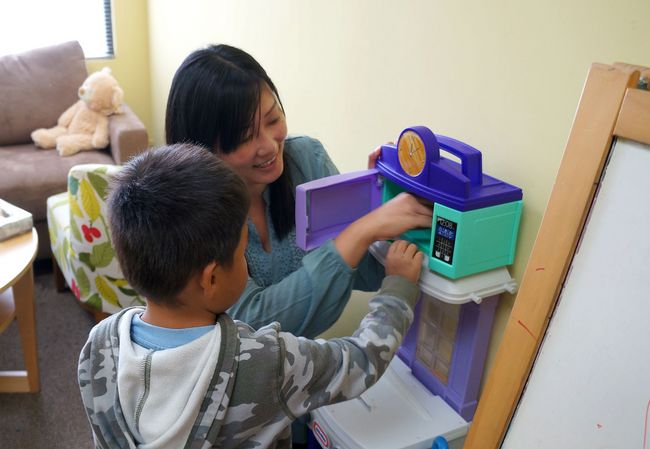
The brothers who played the piano together at the Korean American Family Services (KFAM) annual fundraising dinner on Sept. 21 received a rousing ovation from the crowd.
“It is my heart that gave birth to one of my sons, while I literally did give birth to the other one,” said Grace Kwon, the mother of the two children.
Kwon added that taking on a child who had nowhere to go has enriched her life. A lot like Kwon, the rest of the Korean community is starting to show interest in becoming a foster home or adopting children. Their aim is to practice love by helping underprivileged Korean children.
Becoming a foster home is a part of an effort by the L.A. County’s child protection program. At foster homes, children who cannot be with their biological parents for varying reasons are helped by their foster parents.
The KFAM has told the Korea Daily that since the start of its foster home program in 2014, inquiries have been increasing by the year. Many of the volunteers were willing to look after not only Korean, but also other Asian, Hispanic, Caucasian and black children without families.
The KFAM has already connected those children to foster parents 45 times. After three years into the program, 32 Korean-American families have become eligible to be foster homes. Of those 45 children who found a foster home, 12 have already been adopted.
At the KFAM’s “foster home and adoption application information session” on Oct. 7, the event was filled with interested Korean-American families as 27 people were in attendance. The training duration to earn eligibility to become a foster home has been reduced to 20 hours this year compared to 36 hours in the past. The KFAM has been training applicants in Korean, which has made the process easier for many families. Once approved, a foster home can take care of children up to age 18.
“About 35,000 children in the L.A. County cannot live with their biological parents,” said KFAM’s foster home program manager Jane Lee. “Of those, 60 to 100 are Koreans. The more Korean-American foster homes we have, the better it is for those children, obviously.”
The KFAM’s training session will be held throughout December (213-235-4868, jalee@kfamla.org).
By Hyoungjae Kim




